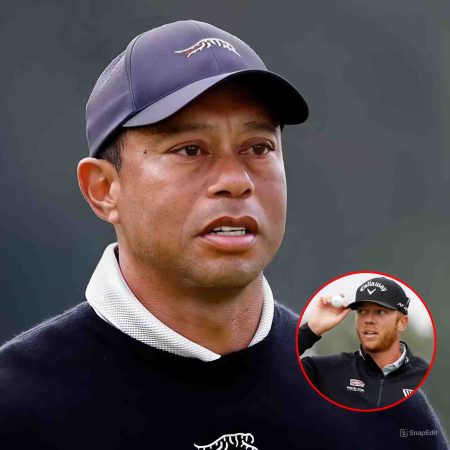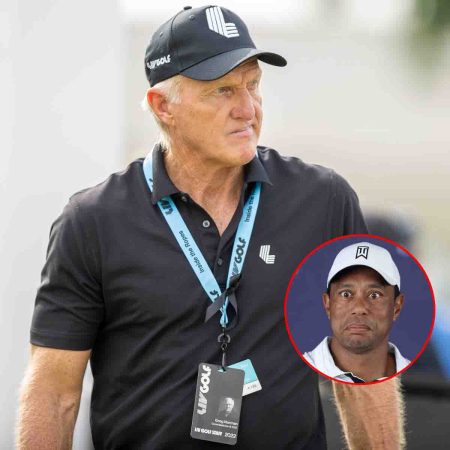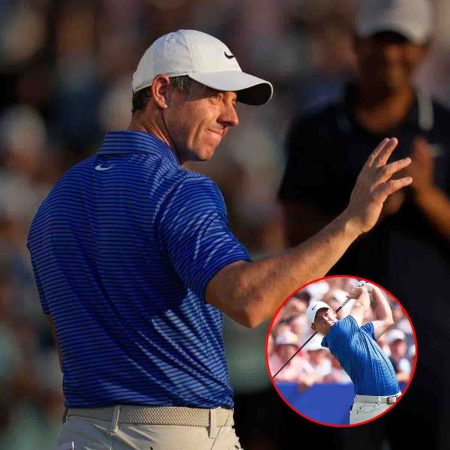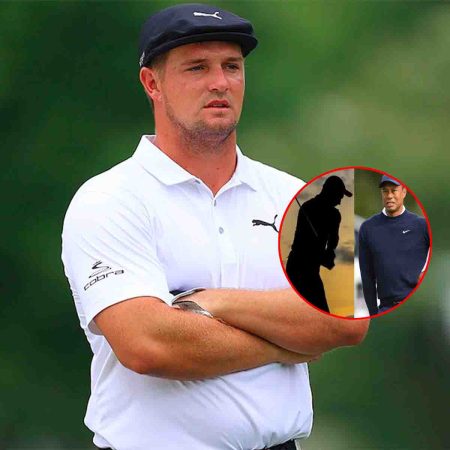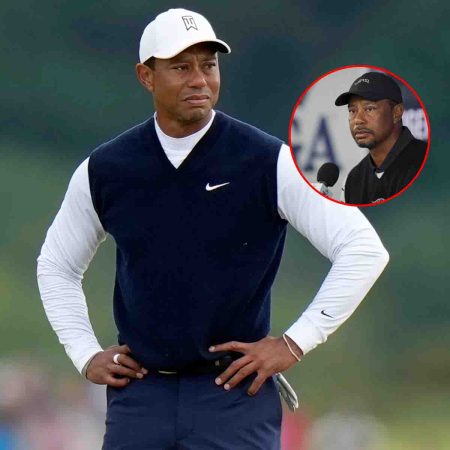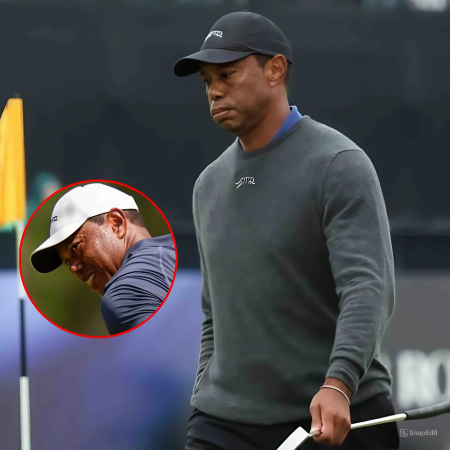The athletic commission that regulated UFC 284 said it has no evidence that fighters broke its rules by illegally using an IV, but those with information to the contrary are invited to come forward.
“The Combat Sport Commission of Western Australia does not condone any form of cheating within the combat sports industry,” Western Australia Combat Sport Commission Chair Bob Kucera stated in a prepared release sent to MMA Fighting.
Controversy broke out on Sunday after UFC lightweight Dan Hooker accused Islam Makhachev of using an IV in connection with the 155-pound champion fight’s against Alexander Volkanovski, his longtime teammate. IV infusions over 100 mL per 12-hour period are banned by UFC anti-doping partner U.S. Anti-Doping Agency, though fighters may exceed that limit if a doctor determines it is medically justified.

Hooker claimed Makhachev, who won this past Saturday’s title fight via unanimous decision, hired a nurse to perform the IV infusion but provided no additional evidence the UFC lightweight champ broke the rules. Makhachev’s co-manager, Rizvan Magomedov, called Hooker’s claim “completely BS.” Makhachev appeared to brush off Hooker’s comments in a video posted to Twitter.
In an interview Wednesday with The MMA Hour, Hooker and Volkanovski’s coach, Eugene Bareman, admitted his team didn’t know whether Makhachev or Makhachev’s teammate, Zubaira Tukhugov, illegally used an IV and couldn’t provide any other details on the alleged infraction.
Makhachev’s other co-manager, Ali Abdelaziz, lashed out at Volkanovski’s team on social media, tweeting “any fighter under the UFC banner can take 2-3 liters of IV as long as it’s done by a nurse or professional” and promised to “expose” unnamed individuals. He later deleted the message.
The controversy prompted a rush to understand the current rules on IV use – and their potential limitations – given USADA’s ban to prevent the masking of banned substances. One fighter MMA Fighting spoke to, who asked to remain anonymous, said it is common for current UFC fighters to obtain permission from a doctor to use an IV for rehydration purposes – and hire a professional to administer it.
The UFC subsequently issued an email to its fighters reminding them of USADA’s current policy on IVs, which it said was modified in 2019. The promotion added fighters were also required to get permission from an overseeing athletic commission to use an IV and then disclose its use afterward.
The Western Australia commission did not answer directly the question of whether Makhachev made any declaration pre- or post-event of IV use but said it has “clear codes and policies that align with the World Anti-Doping Agency and bans the misuse of intravenous drips.”
“The Commission has no conclusive evidence that any athlete at the UFC 284 event held at RAC Arena has breached WADA or the commission’s policies,” Kucera wrote. “The Commission has not received a complaint relating to any athlete at the UFC 284 event held at RAC Arena. The Commission invites anyone with any relevant information to contact us.”



